A rather important announcement was made by the Government yesterday, outlining a planned ban of the sale of new petrol and diesel cars by 2040 - which really isn’t as far away as it seems.
In light of this, among the deluge of comment and proclamations, Twitter user Not-Quite Classics sent Autocar a fascinating article of ours from June 1975 regarding ‘The electric challenge’. So fascinating, in fact, that we reckon it’s worthy of revisiting.
“The electric vehicle is the key to our future,” Neil Carmichael, Conservative parliamentary under-secretary for the environment, had said. Clearly, the actual rate of progress has been far outstripped by talk of it.
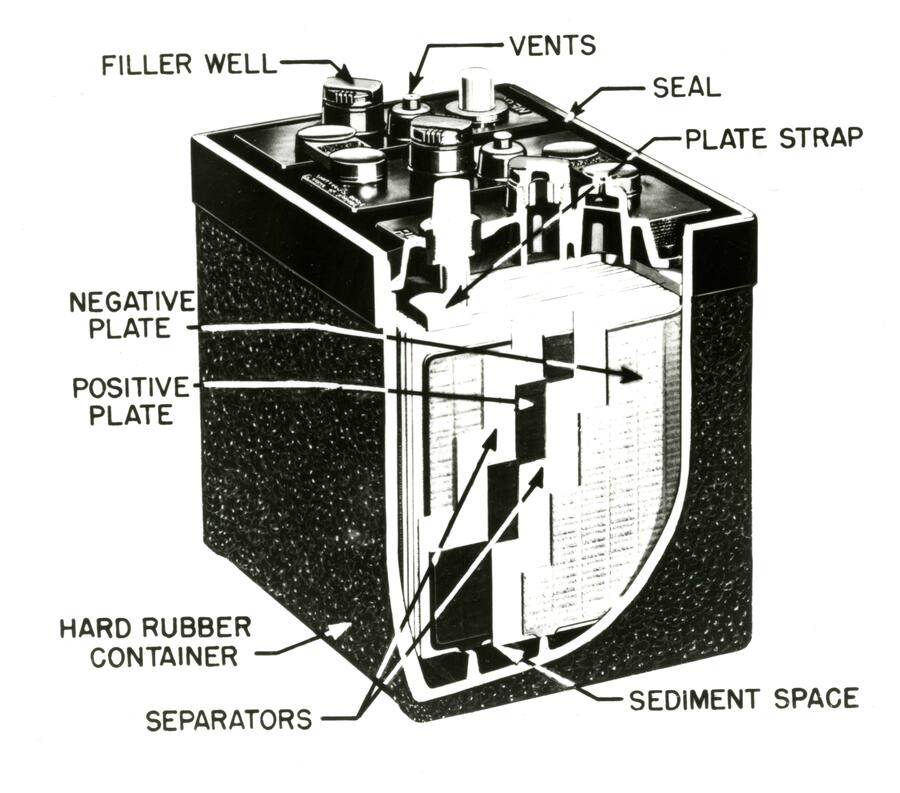
Just as today, Autocar said that there were “unanswered questions in the development of practical electrically powered vehicles for everyday use”, although Carmichael had emphasised that the Government was “deeply committed to the development of the necessary policies and programmes”.
Autocar continued: “Official enthusiasm – backed by official money – for such a project is welcome. In the long term, it is clear that electricity is the most likely motive power to supplant hydrocarbon fuels in vehicles themselves, if only because alternative energy sources, be they nuclear, solar, tidal or any other type, can only be practically harnessed in major centres, such as power stations."
However, it would seem that progress was held back by similar issues to those experienced today.
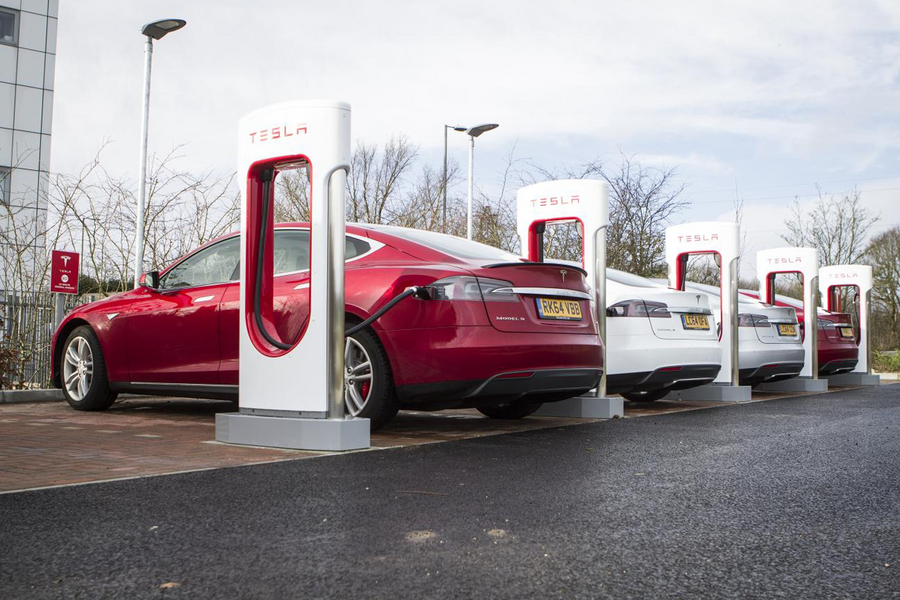
“The technology is available to generate this extra power (it is accepted that present power supplies – mostly generated by fossil fuel combustion – could not cope with a large-scale shift to electric vehicles), but the intermediate storage system in the vehicle is sadly lacking.

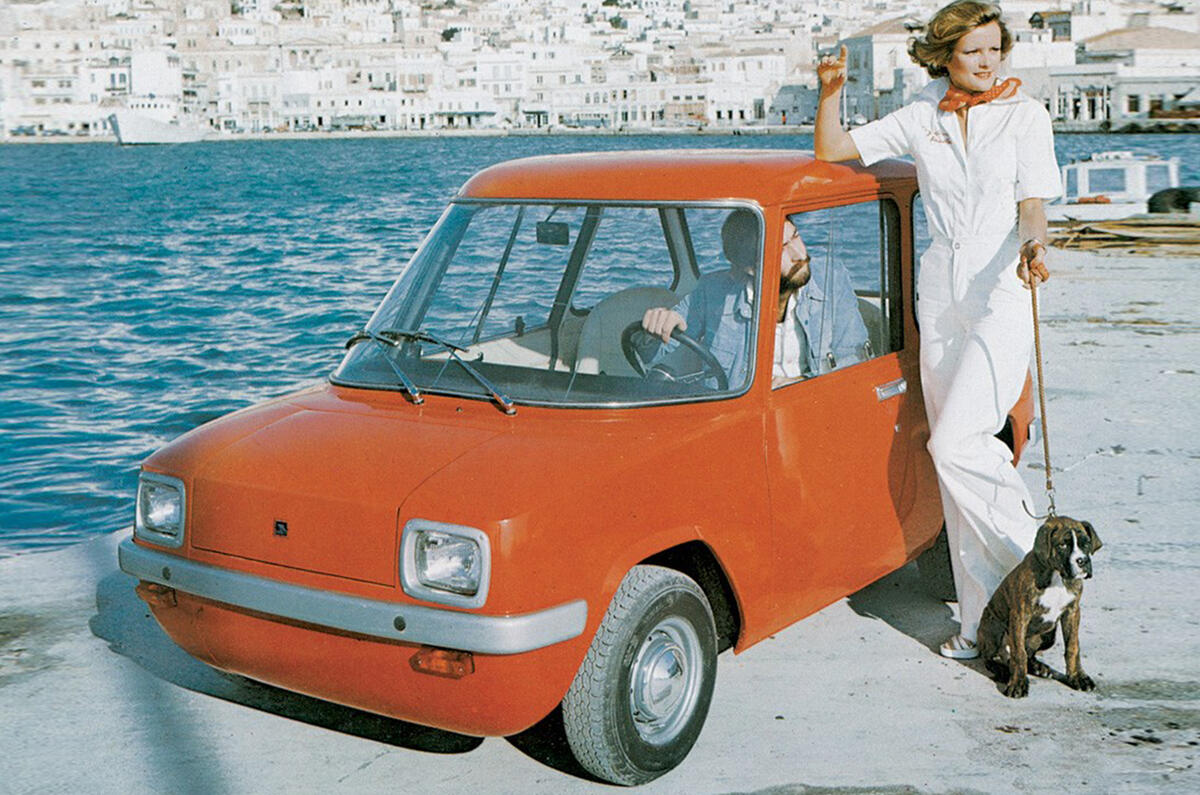
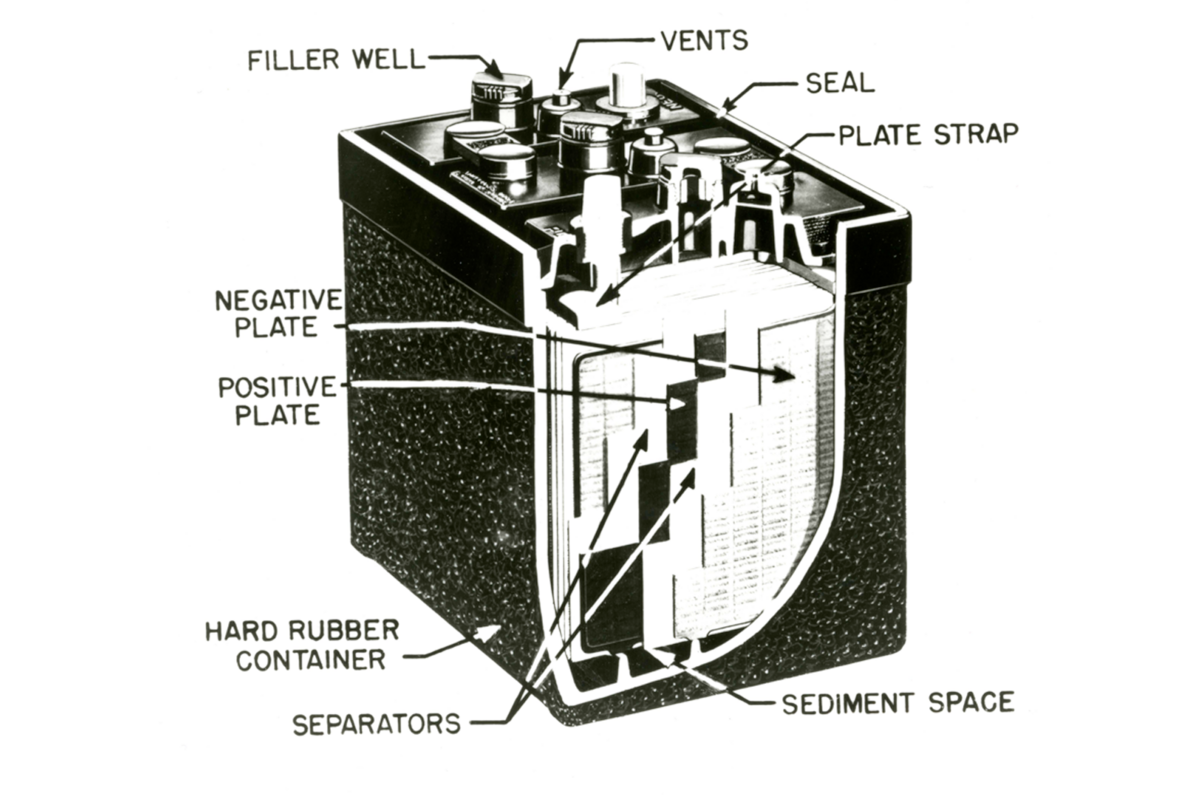
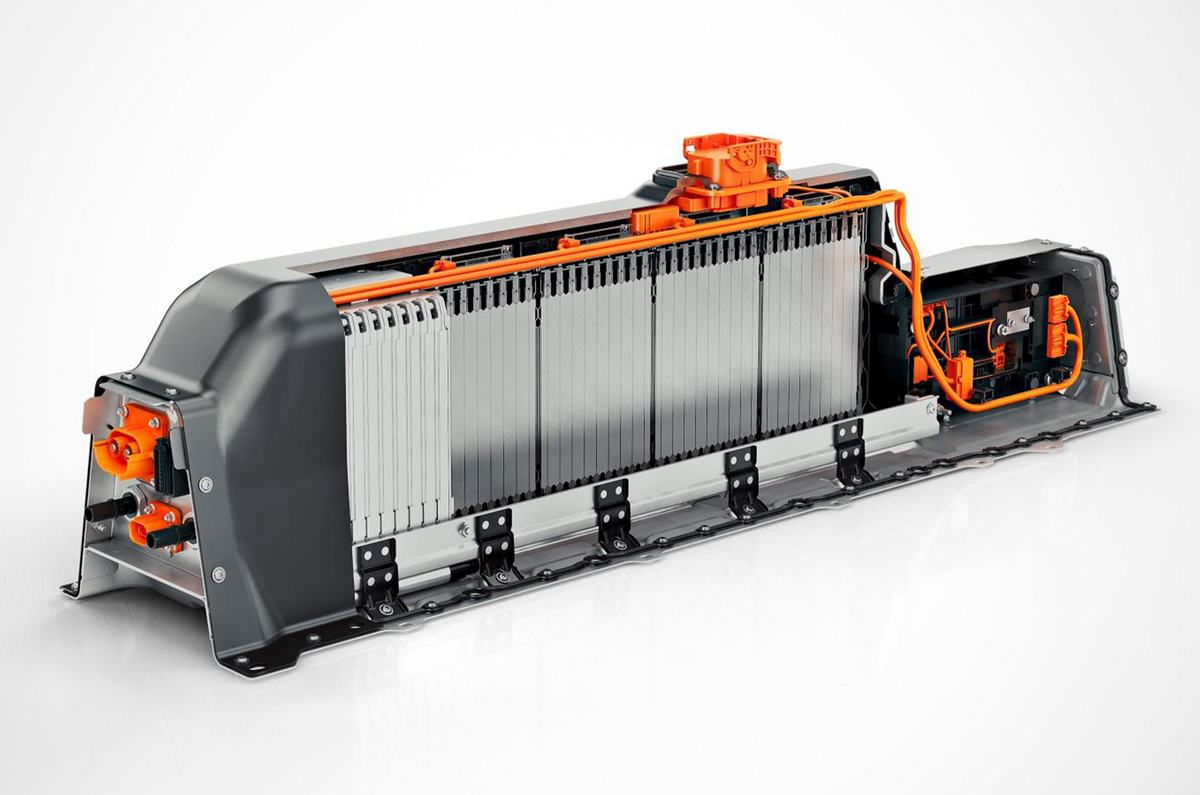

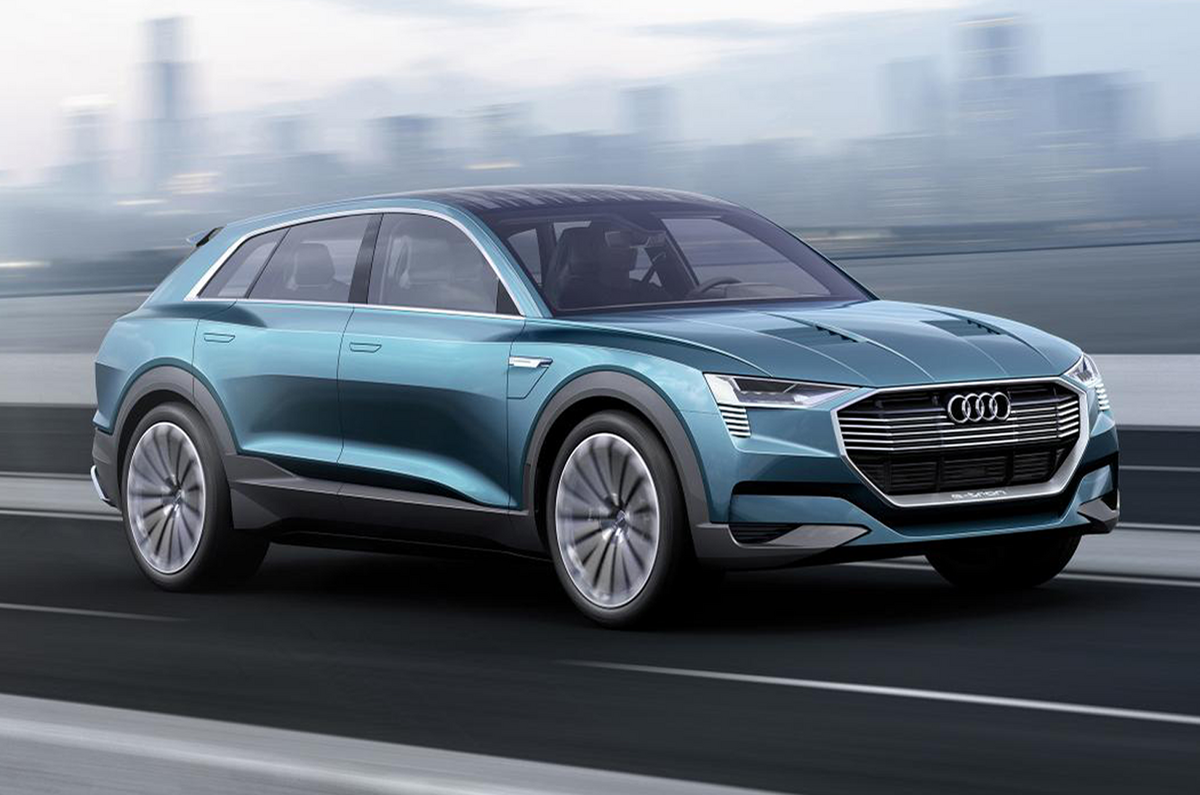
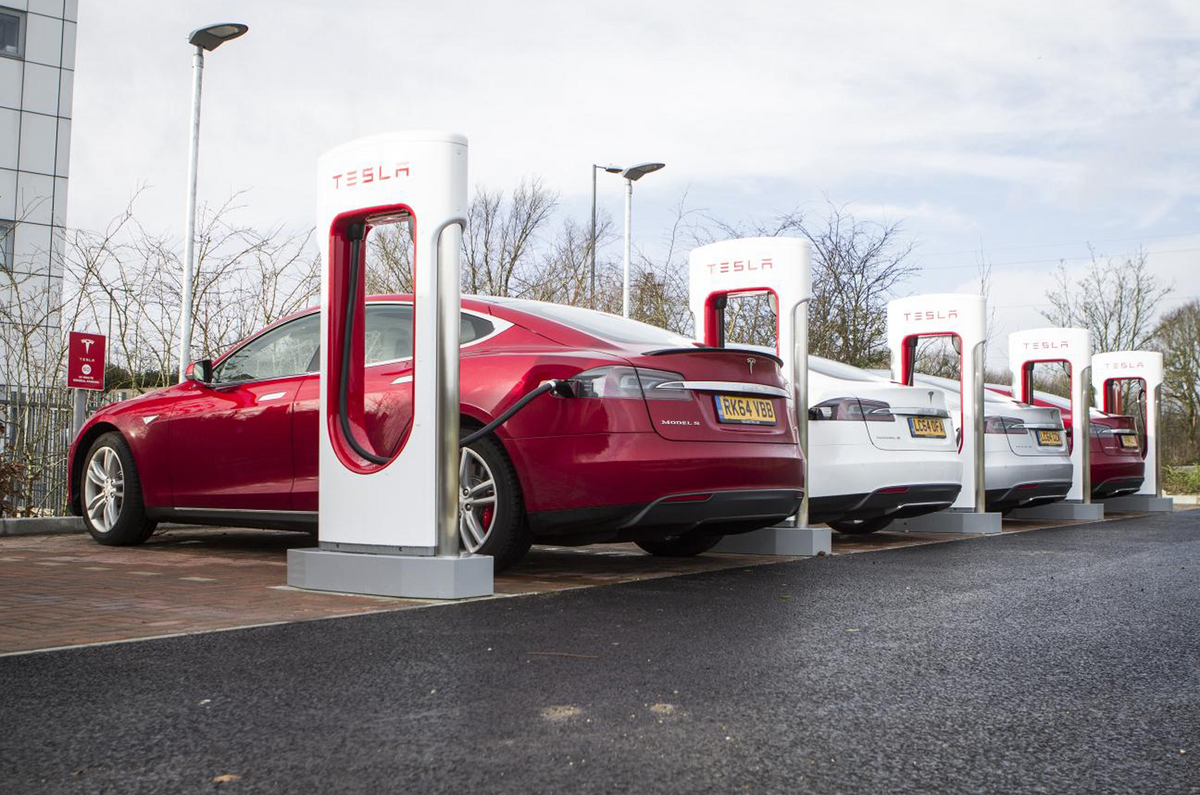

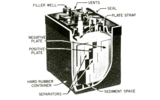
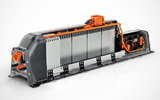

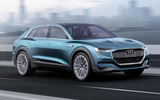
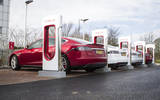

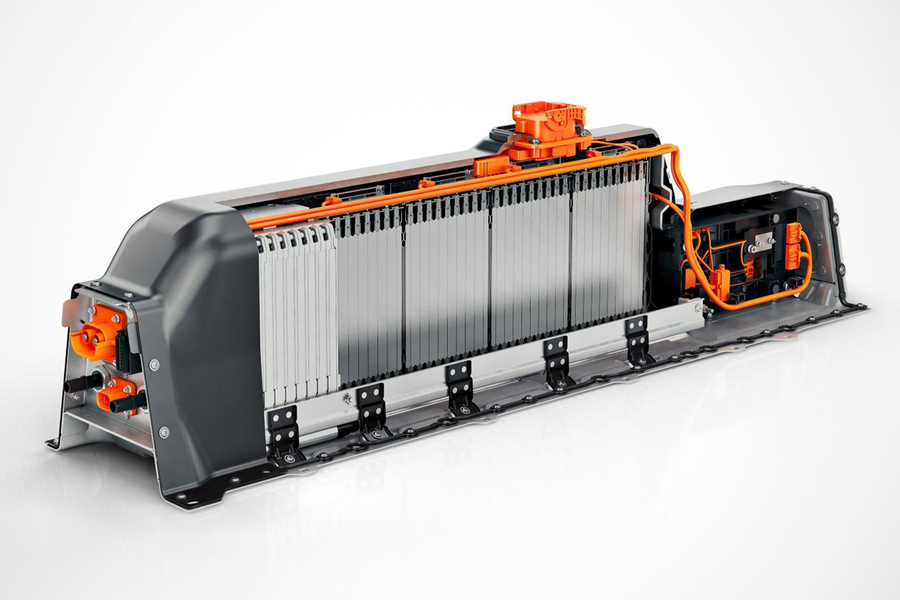
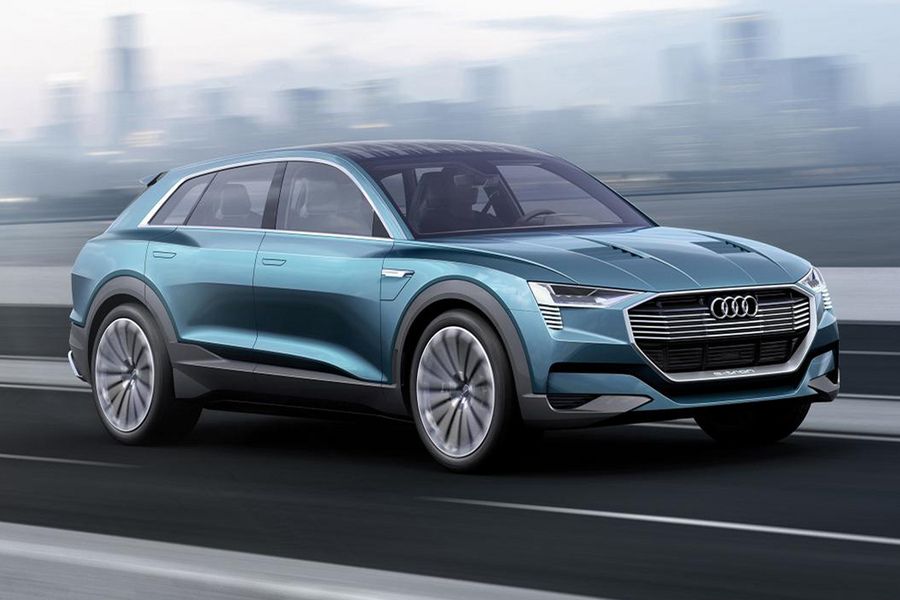


Join the debate
Add your comment
Enfield 8000
To return to the subject of the Enfield, it occurs to me that this isn't too dissimilar in concept - and range and performance - to today's renault Twizzy. And at least it has doors and side windows. Some progress we've made in the last half century!
Government on technology is like your grandma on technology
Whenever the governemtn taalks about stuff like this it always turns out they don't really know what they're talking about. The real experts will need to clarify things or the car industry will not know what it has to do. Plus, we don't want the likes of Ferrari and Range Rover thinking they can stick a 48V battery in their cars and call them hybrids.
androo wrote:
Isn't that the VW plan too?. Also the Volvo T8's, yes they have some battery range but with a 300bhp petrol engine onboard the need to ever plug in is totally negated.There was talk of the CO2 bands being sub-divided at the bottom end in the ULEV zone, so only EVs or hybrids with a realistically useful larger range got the truly cheap company car tax to weed out the current glut of 'tax dodger' models. I think initially something like a battery only range of 75 miles was considered.
androo wrote:
I think thta's EXACTLY what many of us want.
Oh for GOD'S SAKE
Why won't Autocar enable post editing!
No need to worry
It seems that the government has already backtracked on the pledge, by clarifying that the target is for all cars to be electrified by 2040. That of course means more hybrids, which are not really electric cars at all - just combustion engine cars with electric assistance (and in some cases that assistance can be very slight indeed). So it seems that the petol engine and probably the diesel - which can also be hybridised - may be with us for a long time yet.